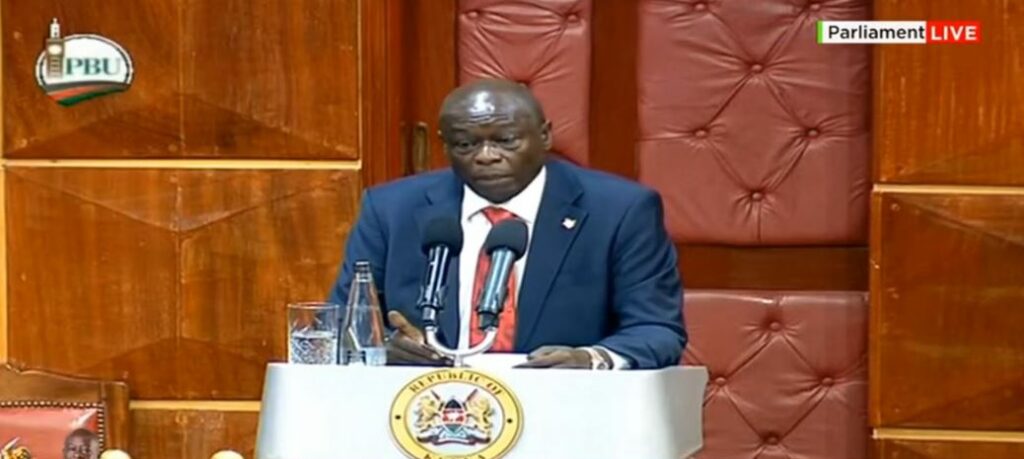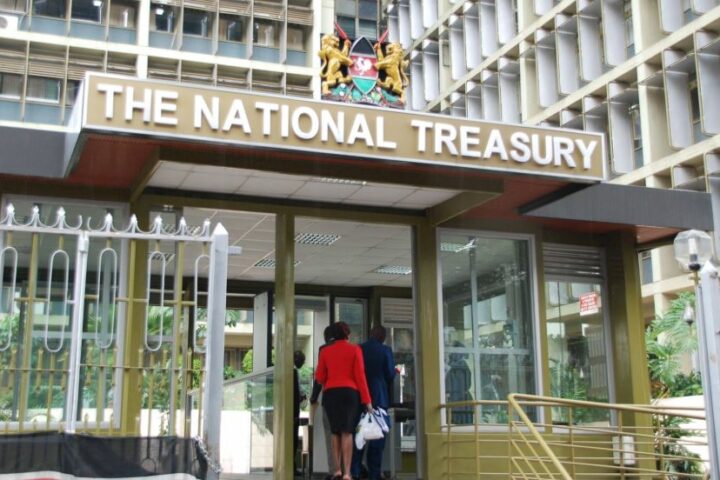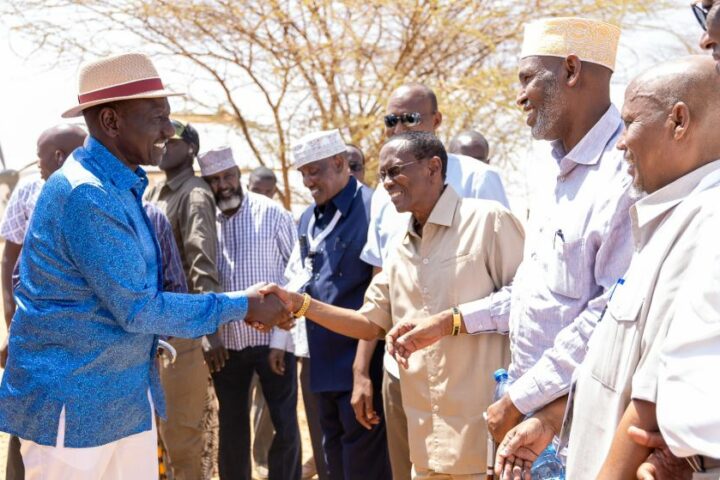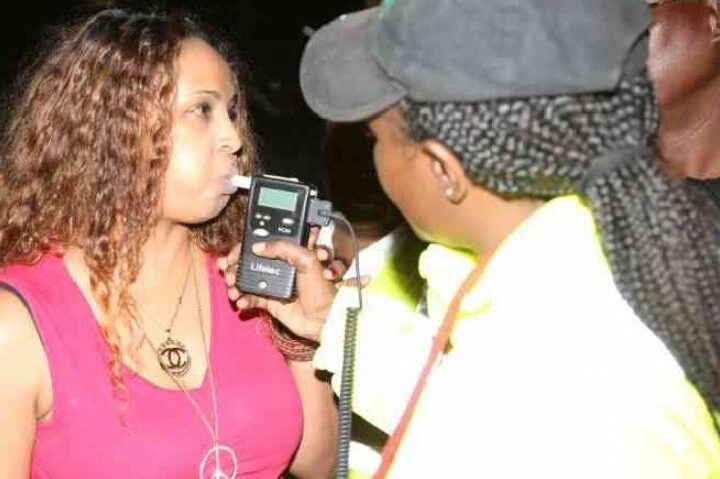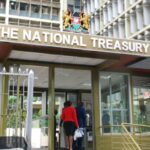 The Kenyan government has recently signed a significant power transmission deal worth KES 95 billion ($736 million) with Adani Energy Solutions to develop and maintain vital transmission lines and substations across the country.
The Kenyan government has recently signed a significant power transmission deal worth KES 95 billion ($736 million) with Adani Energy Solutions to develop and maintain vital transmission lines and substations across the country.
As a subsidiary of the Adani Group, Adani Energy Solutions will manage the construction and operation of these facilities for a period of 30 years. Upon completion of this term, the project and all associated assets will transfer to the Kenya Electricity Transmission Company Limited (KETRACO) in good condition and free of any encumbrances.
As part of the agreement, Adani will pay the Kenyan government a success fee of KES 1 billion ($8 million). This fee serves as compensation for successfully concluding the deal.
KETRACO’s details regarding the Public-Private Partnership (PPP) agreement indicate that Adani Energy Solutions will pay a success fee equivalent to one percent of the total project cost.
Under the build-own-operate-transfer framework, Adani plans to develop a 400-kilovolt transmission line that stretches 208.73 kilometers from Gilgil through Thika and Malaa to Konza. This project will also involve constructing new substations in Gilgil, Thika, and Malaa.
In addition, Adani will build a second 220-kilovolt line extending 99.98 kilometers from Rongai to Keringet and Chemosit. This line will feature new substations at Rongai, Keringet, and Chemosit. Furthermore, the company will construct a third project, a 132-kilovolt transmission line running from Menengai through Ol Kalou to Rumuruti, covering 89.89 kilometers. This line will also include a new substation.
Adani also plans to establish a 132/33-kilovolt substation at Thurdibuoro in Kisumu County. KETRACO has set a timeline for Adani to complete the projects within 24 months from the date of the project agreement. Should Adani fail to meet this deadline, KETRACO has the authority to either enforce performance security or terminate the agreement.
To finance the project, Adani will use a mix of debt and equity, maintaining a funding ratio of 70:30. Energy Cabinet Secretary Opiyo Wandayi confirmed that the Kenyan government will not incur any financial costs related to this project. Additionally, Adani must uphold a competitive bidding process that creates business opportunities for Kenyans.
Also Read – Raila Advocates for Public-Private Partnerships After Visit to Adani Projects
KETRACO will also appoint an independent expert to monitor and manage the project’s implementation. The terms of the agreement state, “KETRACO will establish a project implementation team that will collaborate with the independent expert and other state actors to ensure the successful execution of the project.”
If Adani Energy Solutions seeks refinancing due to improved market conditions, KETRACO and Adani will share the resulting benefits on a 50:50 basis.
According to the Energy Ministry, this project aims to tackle Kenya’s recent surge in power blackouts, which have been linked to aging transmission lines. KETRACO assured that all individuals affected by the project would receive compensation for any asset loss, including damage to crops and trees.
“They will also be compensated at market value for any limited loss of land use for parcels impacted by the transmission lines. Compensation will be full, prompt, and fair, with all persons displaced by the project being fully resettled,” KETRACO affirmed.
The government maintains that it conducted comprehensive due diligence throughout the process, dispelling concerns about the public participation process following Adani Energy Solutions’ submission of a privately initiated proposal.

